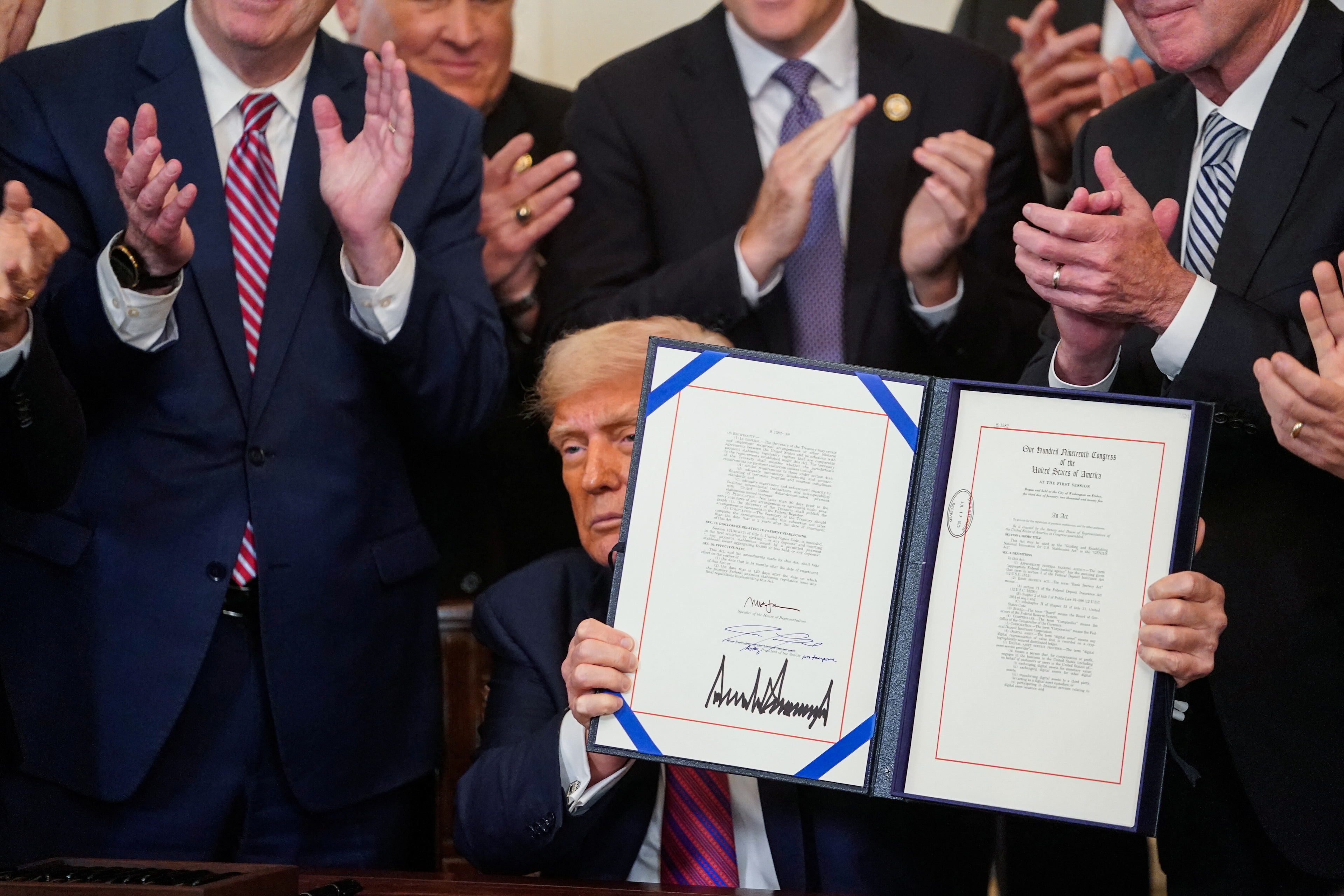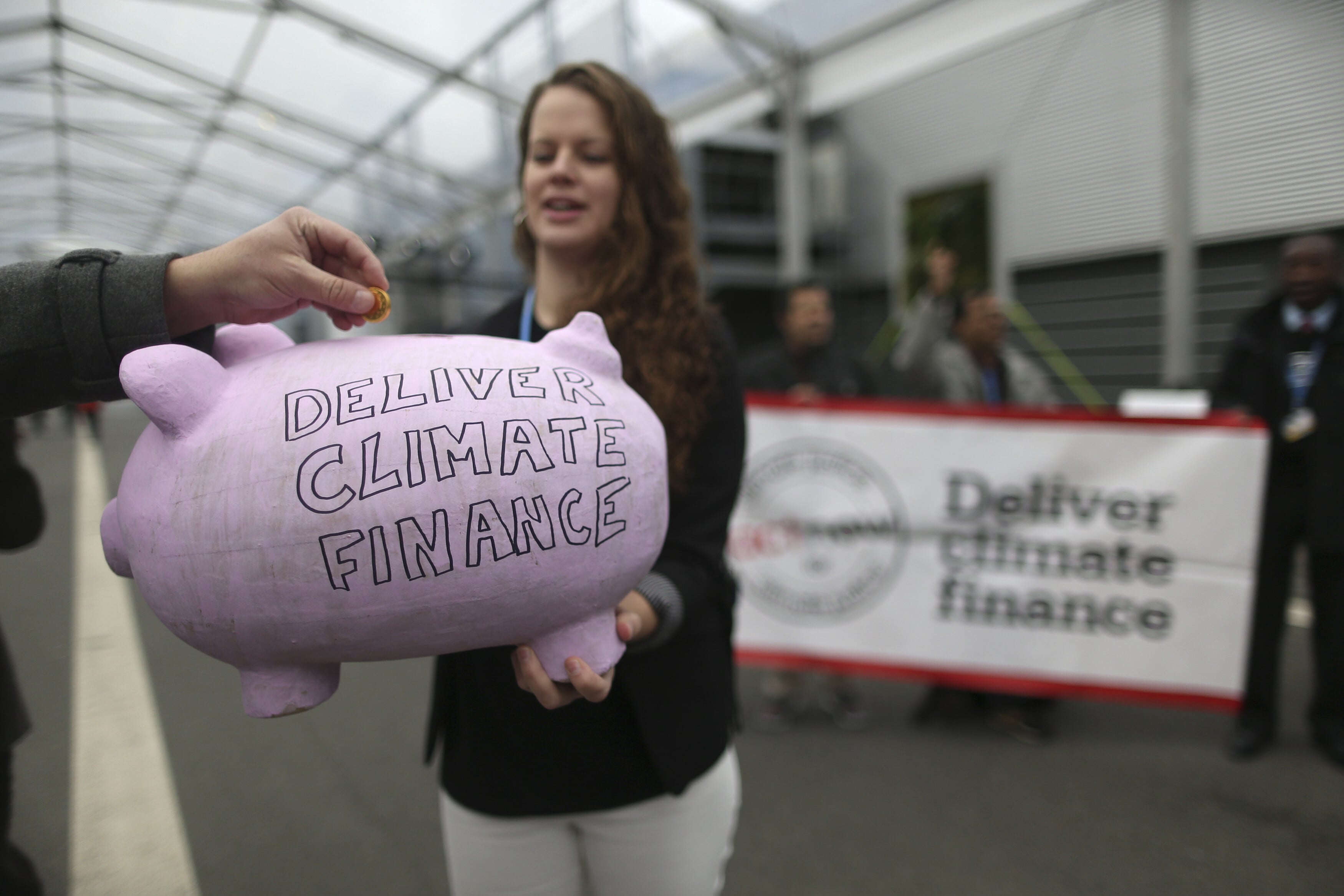UK economy returns to growth and other economics stories to read this week

The UK economy grew by 0.2% in January.
Image: REUTERS/John Sibley
- This weekly round-up brings you the latest stories from the world of economics and finance.
- Top economy stories: UK economy returns to growth; India retail inflation rises quicker than expected; US producer prices rise more than predicted.
1. UK economy returns to growth
The British economy grew in January, after dipping into recession in the second half of last year. UK gross domestic product grew 0.2% month-on-month, compared to a drop of 0.1% in December.
"The economy picked up in January with strong growth in retail and wholesaling," said Liz McKeown, a director at the Office for National Statistics. "Construction also performed well with house-builders having a good month, having been subdued for much of the last year."
However, that doesn't yet mean the UK economy is out of recession. GDP shrank 0.3% in the last quarter of 2023 and 0.1% in the previous quarter, meeting the technical definition of a recession.
2. Retail inflation in India rises quicker than expected
Annual retail inflation in India rose more quickly than expected last month, as food prices increased. The annual figure did slow compared to January, reaching 5.09% in February, down slightly from 5.10%.
But a poll of economists by Reuters had predicted a 5.02% rise.
Food inflation, which accounts for nearly half the consumer price basket, reached 8.66% in February, compared to 8.3% in January.
Indian wholesale prices rose 0.2% year-on-year in February, according to new government data. It represents a slowing compared to previous months, largely as a result of a fall in manufactured products and power prices.
3. News in brief: Stories on the economy from around the world
The French central bank has said the country's economy will grow slightly less than had previously been forecast in 2024, as a result of weaker investment and consumer spending.
Argentinian inflation slowed more than expected in February to hit 13.2%. While the rate remains high, it marks a drop from 20.6% in January and 25.5% in December.
US producer prices increased by a larger-than-expected amount in February, amid a surge in food and gasoline prices. Meanwhile, retail sales rebounded at a smaller rate as consumer spending appeared to be slowing.
Saudi Arabian annual inflation rose to 1.8% in February, up from 1.6% in January, driven in part by increasing housing rents, according to new government data.
Foreign investors have significantly increased their purchases of Japanese bonds, reports Reuters, as a result of growing expectations of an interest rate rise.
Accept our marketing cookies to access this content.
These cookies are currently disabled in your browser.
4. More on finance and the economy from our blog
Carbon budgets are frequently used as benchmarks for measuring climate progress - but what exactly are they? This explainer explores how carbon budgets work and their uses.
With more than 200 million people of African descent living outside the continent, diaspora insights present unique opportunities for economic growth. Here’s how the power of the global black economy can help boost Africa’s innovation and prosperity.
More on Financial and Monetary SystemsSee all
Sandra Waliczek
August 8, 2025
Rebecca Geldard
August 7, 2025
Aurora Matteini and Derek Baraldi
August 6, 2025
Sandra Waliczek and Harry Yeung
July 29, 2025
Pranidhi Sawhney and Adam Skali
July 29, 2025
David Carlin and Sourajit Aiyer
July 28, 2025





